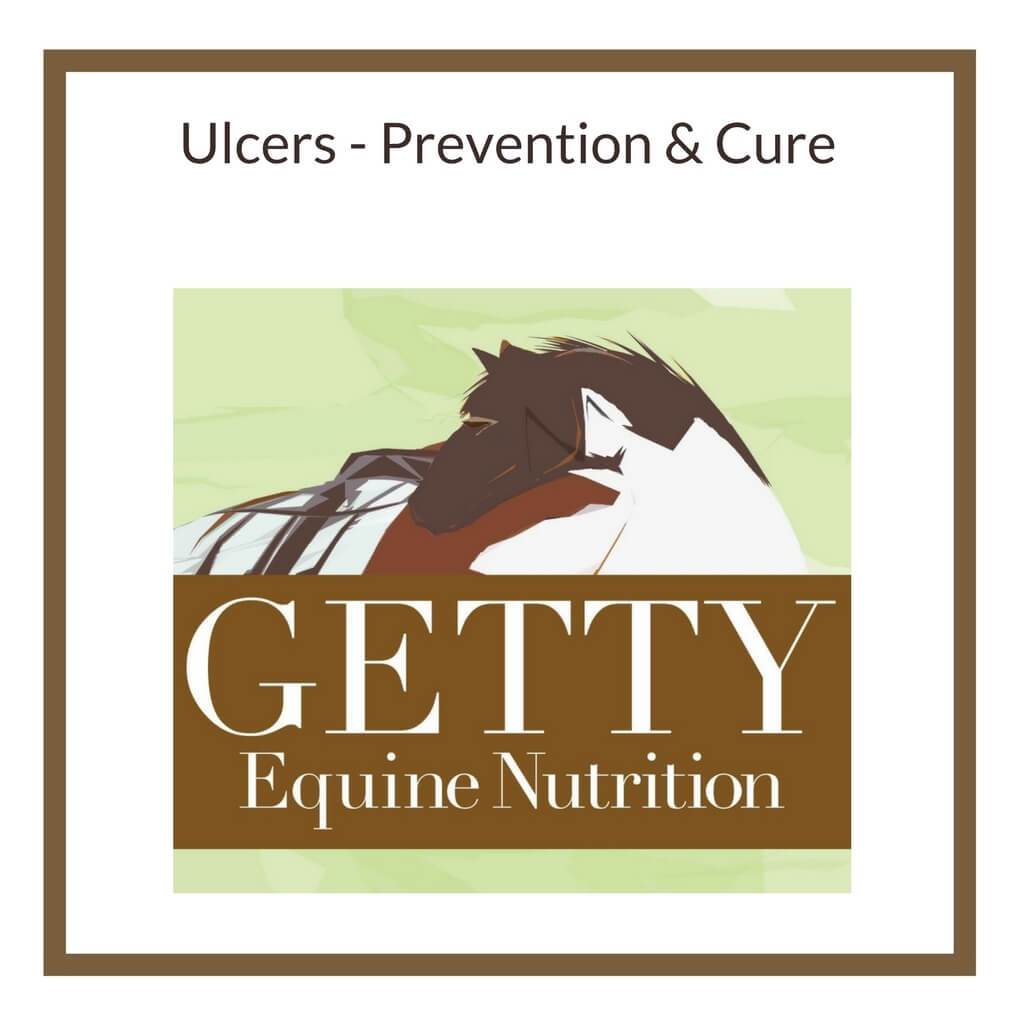Ulcers Can be Cured, and Better Yet - They Can be Prevented
Ulcers are very, very common -- nearly 90 percent of all performing/working horses have them! The reason is really quite simple -- it all has to do with the way a horse's stomach is different than ours, different than a cow's, different from your dog's. Stomach acid bathes your horse's stomach lining all the time -- even when empty. And it can accumulate and slosh around inside the stomach, making a perfect setting for an ulcer to begin.
Get your horse well again with this educational seminar by Dr. Juliet M. Getty.
What Horses are Prone to Ulcers?
- Horses that work or perform likely have an ulcer
- Horses that are stalled most of the time likely have an ulcer
- Horses who have been shipped elsewhere for training, removed from pasture-grazing, into a stall-boarded environment, will likely come home with an ulcer
- Horses who stand for hours without forage (including over night), likely have an ulcer
The good news is, ulcers can be cured, and better yet -- they can be prevented!
A Look Beyond Short Term Medical Treatments
Medical treatments usually involve acid-lowering medications. That's fine for the short term, but over the long haul, it can lead to other problems such as suppressed immune function, protein deficiency, and even porous bones. The answer is not an antacid. The answer is feeding your horse the way he was intended to be fed -- like a horse.
If your horse has an ulcer, has suffered from them in the past and is prone toward getting them, or you're wanting to know how to avoid them, spend time with Dr. Getty. She will provide you with a complete understanding of how and why they occur, where they occur, and how to manage their prevention. You'll also learn how to cure your horse and prevent another problem down the road.
The teleseminar emphasizes:
- The anatomy of the horse's stomach
- Where ulcers develop
- How to protect your horse before, during and after exercise
- Stress -- its causes and how to alleviate it
- Behavior and ulcers
- Signs of an ulcer
- What does starch do?
- Gastric vs colonic ulcers
- Tests other than endoscopy
- Pro vs prebiotics
- Medications and non-prescription antacids
- Diagnosing right dorsal colitis
- Alfalfa's role
- Total prevention for every setting
Seminar Length
One Hour
Seminar Format
Dr. Getty spends an hour covering all of the above teleseminar topics, while answering your pre-submitted questions. As she goes through each question, additional information will be interspersed so every participant can benefit from the answer. At the end of the hour, the floor is opened for additional questions.
Testimonial
"Thank you so much for the wonderful seminar on ulcers. I learned so much and I am looking forward to hearing future ones." - Karen, from Wisconsin
How to Access Your Download
After purchasing the teleseminar, you will receive an email (during business hours) confirming your purchase and providing you with the website link and conference code to listen or download the mp3 file recording.
Copyright Notice
Please note that the teleseminars, webinars, and books are copyright protected. Sale, distribution, or presentation in a public format (including Facebook, Twitter, etc.) is prohibited.
Questions? Email gettyequinenutrition@gmail.com or call 940-272-0001


